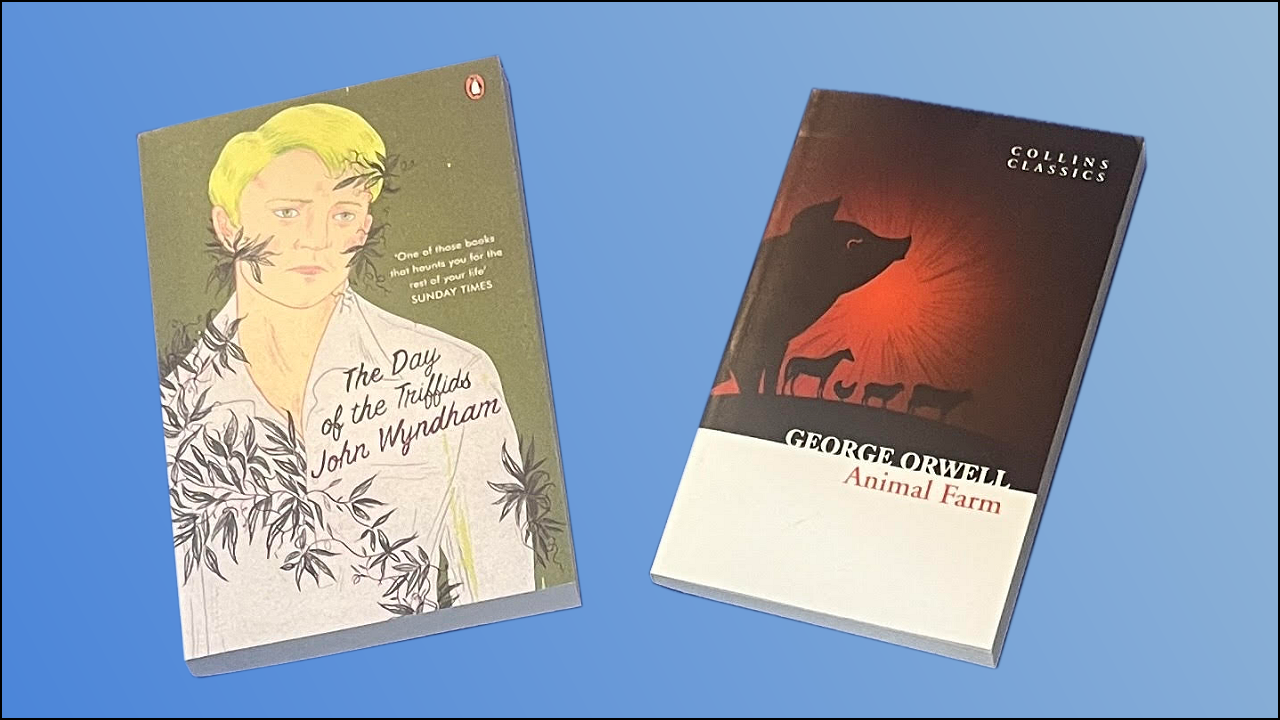
Conversely, Scott was not a great literature fan, particularly when at the age of 11 his Grammar School had the whole class study A Midsummer Night’s Dream. He wanted to read non fiction. About steam trains, motorbikes, the Apollo missions, and The Beatles.
He succeeded in securing a pitiful grade C in O level English Language, and hadn’t opted to study English Literature. Most of the time he was cadging information from school friends, and doing his English homework on the bus journey to school in the mornings! He partially read The Day of The Triffids, because the story was fascinating, though he continued to skip chunks of it, and relied on his friends to feed him information (and misinformation). In later life, when he finally read the book in full, he learnt to his cost that some of what he had been told on the school bus was not true!
The only book on the O level reading list which Scott read from cover to cover was Hiroshima. It was the only non-fiction book on the entire list, and it was captivating from start to finish. Why was there no other non-fiction in those English lessons in the 1970s? Why was the really tough bit of Shakespeare A Midsummer Night’s Dream thrust onto students at the age of 11?
This inauspicious start led Scott to shun almost all fiction until he reached his 40s. By that time he had tangentially picked up some paid freelance work, writing for the monthly magazine VW Motoring. Miss Wilson would turn in her grave if she knew that Scott was being paid for writing English! The journalism also enabled Scott to travel to Switzerland for the first time, on a fully expensed trip with a press pass for the Geneva Motor Show.
A late developer in English, Scott started reading novels when his son reached the right age. He didn’t want the youngster to pick up the same dislike of literature which had plagued his own school life. In his 40s and 50s, Scott read all of the major classics. In his mid 60s, and with a disparate catalogue of four non-fiction books already published, Scott started writing his first novel. Among his influences he includes G Orwell, H G Wells, and J Wyndham.